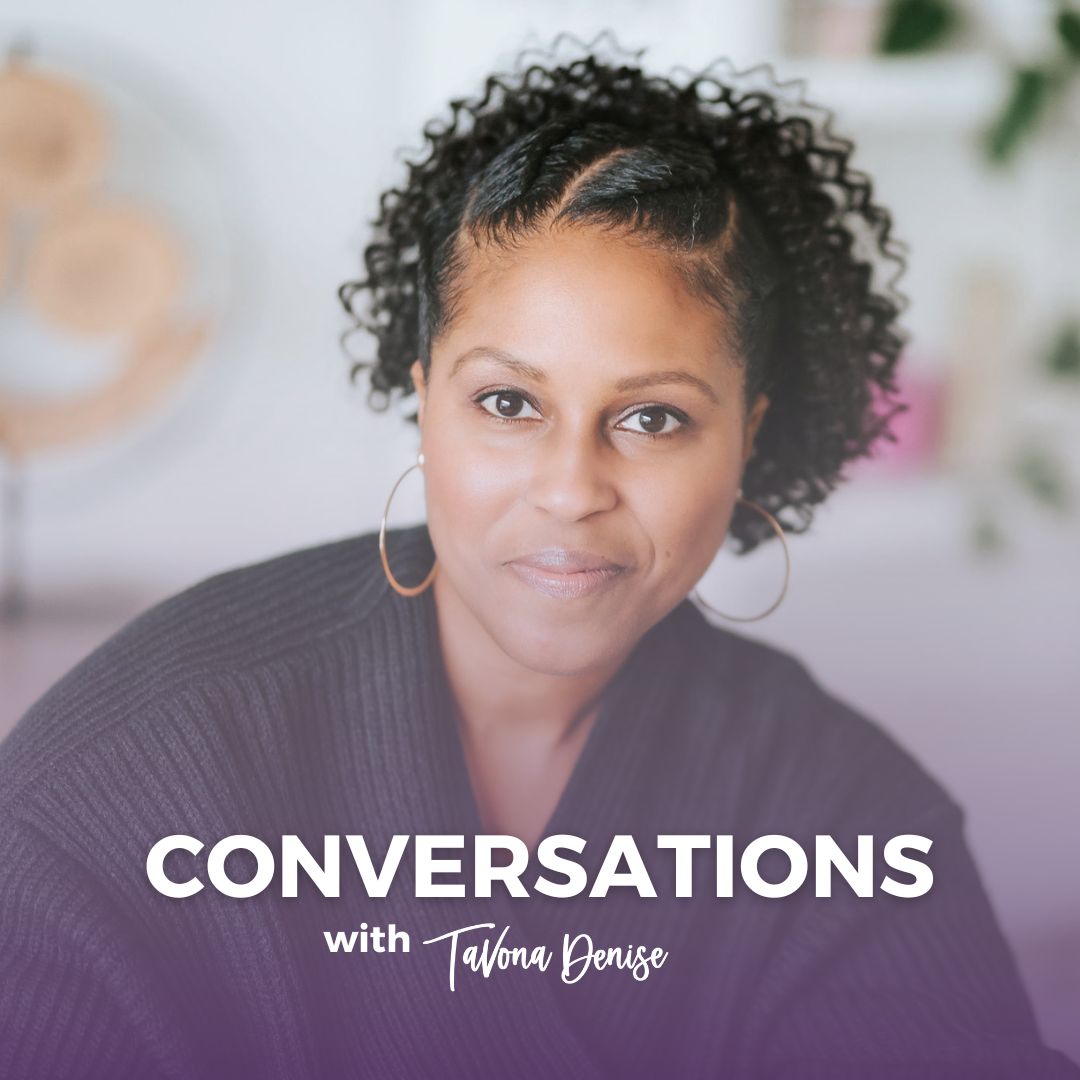I was doing some research online when I ran across the book and immediately stopped in my tracks. So often I have heard myself and others say that the reason they can’t lose weight is because they LOVE food. I had NO IDEA how profound Geneen Roth’s take on the subject would be. A view that would forever change my life, the way I look at my relationships and how I help my patients take their power back. This is part 1 of a 2-part review. All direct quotes from When Food is Love are in italics, with my commentary and questions below.
“…For those who fail on a diet this year, there will be 30,000 new diet plans next year to choose from.”
Geneen, like many who work with emotional and compulsive eating, points out the food and weight are the symptoms and being focused on the weight is simply a distraction from the real reasons why so many people eat when they are not hungry. The convenience of it, backed by a cultural obsession with looking a certain way further feeds the compulsion. She believes that a diet or meal plan is like an oppressive parent who tells you what to do and when to do it, which keeps up focused outside ourselves.
Food was our love; eating was our way of being loved. Food was available when our parents weren’t. Food didn’t get up and walk away when our fathers did. Food didn’t hurt us. Food didn’t say no. Food didn’t hit. Food didn’t get drunk. Food was always there. Food tasted good. Food was warm when we were cold and cold when we were hot. Food became the closest thing we knew of love. But it is only a substitute for love. Food is not, nor was it ever, love.
She looks at the subjects of love, hurt, control and decisions that we made as children that we are still carrying as adults. The problem being that we are not taking new information to look at those events, we still see them with the child’s eyes. The eyes of a little person who requires the love and protection of an authority figure, but didn’t get it. In doing so, we look at our current relationships, especially with the opposite sex, to validate us. To treat us how we wanted to be treated by our parents.
We decide that love hurts and that we are unworthy or unlovable or too demanding, and we live the rest of our lives protecting ourselves from being hurt again. And there is no better protection than
wrapping ourselves around a compulsion.
Many times, people come to me with the belief that if they could just get their eating under control, everything else would be better-they’d lose weight, be happier, more confident. However, Geneen concludes that this belief is only a smoke screen that distracts us from the core issue: the areas in which we never were and never will be in control. The areas that have to do with loving and being loved.
When we chose to believe that we can make a person love us being a certain way or doing something robs us of our power and ultimately our ability to give ourselves the love we want. As soon as we start depending on things outside of ourselves to fill this void, there is an urgent need to control what they do or say so we feel better.
At an early age, I learned to be out of control around food and in control around people
On weight and intimacy:
Geneen makes a very poignant point about her client’s weight: As long as she is feeling fat, she has an excuse not to be intimate. She can blame her loneliness on her weight. With no extra weight, she would have no barriers between herself and another person.
Think about it, do you use your weight as a barrier between you and others? How do you see yourself versus how you portray yourself to others? Is there a difference between the two? If so, what do you fear would happen if people got to know the real you?
This month we are celebrating SELF-love! Come on over to the Facebook page and get some!
